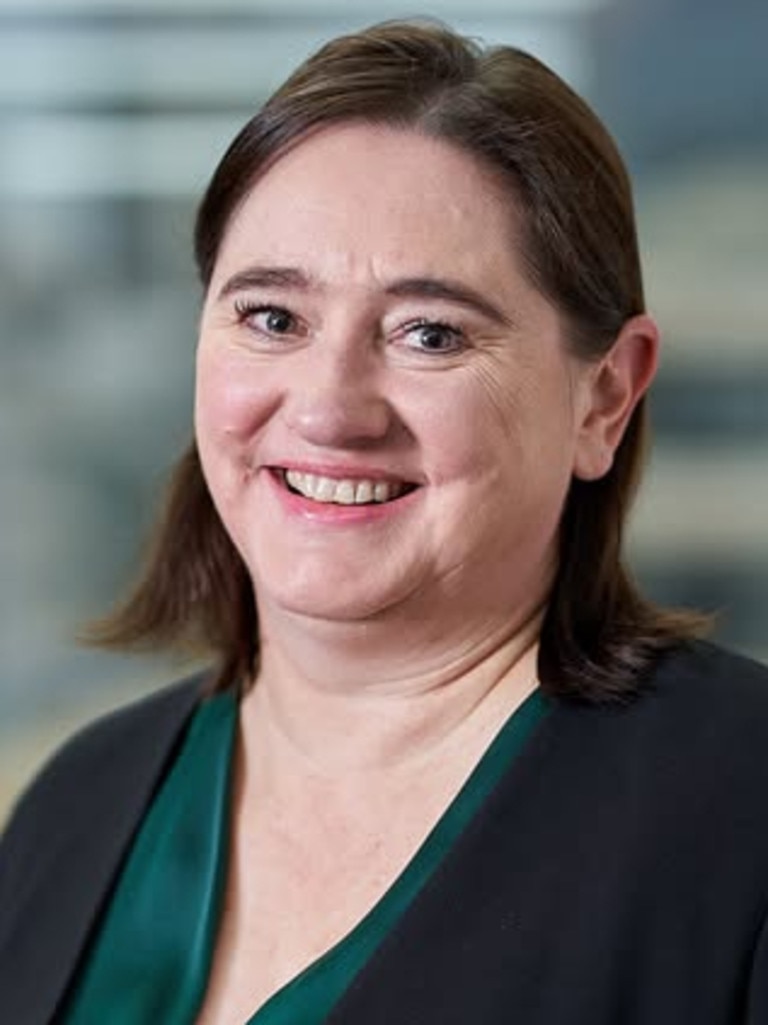Landmark reforms set to revolutionise how family estates are divided from New Year’s Day
SA families have scrambled to lodge will claims in record numbers before a landmark inheritance law overhaul. See the changes.

SA News
Don't miss out on the headlines from SA News. Followed categories will be added to My News.
South Australian families have scrambled to lodge will claims in record numbers before a landmark inheritance law overhaul that is set to spark a flood of legal challenges next year.
In the biggest legal revolution in more than half a century, sweeping state government reforms coming into force this week will revamp how family wills, or estates, are divided.
As official figures showed a surge of relatives made a court bid against a will or estate before the New Year’s Eve deadline, lawyers warned of a wave of litigation after legislation is enforced from Wednesday amid hope “unmeritorious” claims will be eliminated.
Legal experts say “significant” changes in the new Succession Act, which merges three pieces of legislation, “mark a shift” in family inheritance claims that will reduce the number of, and value awarded in traditional cases from children, spouses and siblings.
Adult stepchildren are the biggest winners after gaining more rights in the most extensive overhaul since 1972 but grandchildren access will be curtailed, under what has been dubbed a “greater moral duty”.
The overhaul, which was this month subject of a profession “risk notice” warning advising Law Society members of the looming deadline, govern all succession rules including will writing, probate and administration, intestacy, how deceased estates are managed as well as family provision claims.
Major changes will ensure the wishes of a “testator” – the deceased person who made the will – is now a court’s “primary” inheritance consideration while inspections – including to revoked wills – will be relaxed.
Stepchildren, including adults who lawyers say have previously been unfairly cut out of a will after a later marriage, will be more easily able to access their dead step-parent’s estate under expanded criteria as will former domestic partners.
Parents or siblings will only be eligible if they can demonstrate they were a carer “immediately before death” – likely in their last 12 months – rather than during a lifetime.
Executers and estate administrators face tougher penalties for failures while the courts can order without merit, or vexatious applicants, pay legal costs.


Existing court cases launched before the January 1 deadline are subject to existing legislation, under the Administration and Probate, Inheritance (Family Provision) or Wills acts.
Current legislation has been applied during the bitter dispute embroiling one of the state’s wealthiest dynasties, the Polites family.
Figures show 768 wills or estate Probate Registry applications were lodged this month – more than a quarter higher than December 2023 – while 20 more applications were made this year than last year’s largest lodgement day.
Adelta Legal consultant, Melissa Yule, who is the co-chair of the Law Society’s succession and elder law committee, said it was the biggest change since death duties were abolished in the 1970s.
“I’ve lost count of the times I’ve had to tell people … as they are adult stepchildren, they cannot claim,” she said.
“I do wonder though … how will the court deal with the deceased’s wishes in these cases?
“Will we have trials all about what (they) said about their dreadful daughter, son or partner during their lifetime.”
She said it was a mystery how judges will deal with a dead person’s “wishes”.
“No one – and I have heard judges say this – is sure how this will play out,” she said.


“I can see people trying to gain access to earlier wills in the hope that they might be included in those wills and then there will be the litigation to try and knock out the later (one) on the basis of incapacity or undue influence.”
DBH Lawyers managing partner, Amy Nikolovski, said the reforms were “fairer as the laws reflect how much people have changed because the tide has turned”.
“There are a lot more ‘blended’ families and (it’s) just going with the times, which I think is good.
“There will likely be a lot more litigation because we don’t know how the courts will interpret the new laws.”
Incoming Law Society president, Norman Waterhouse principal Marissa Mackie, urged people to plan ahead and see a lawyer especially those without a will while legal documents should be reviewed especially in light of the changes.


She also recommended people write a letter of wishes, detailing their family circumstances and the reasons why they included or eliminated certain people along with asset distribution.
“While the legislation is designed to reduce unmeritorious and vexatious claims, it also recognises the prevalence of blended families in contemporary society,” she said.
“It won’t be until the courts make determinations on these cases that we will have a clearer idea of who may be successful in making a family provision claim.”
A Courts SA spokeswoman said a website upgrade will assist with the new laws and probate rules.
Attorney-General Kyam Maher said preparing a will or administering a deceased estate “can be an overwhelming experience at the best of times – it’s both confronting and challenging”.
“These changes will ensure that our laws meet community expectations in this highly emotional and often contentious space,” he said.
More Coverage
Originally published as Landmark reforms set to revolutionise how family estates are divided from New Year’s Day










